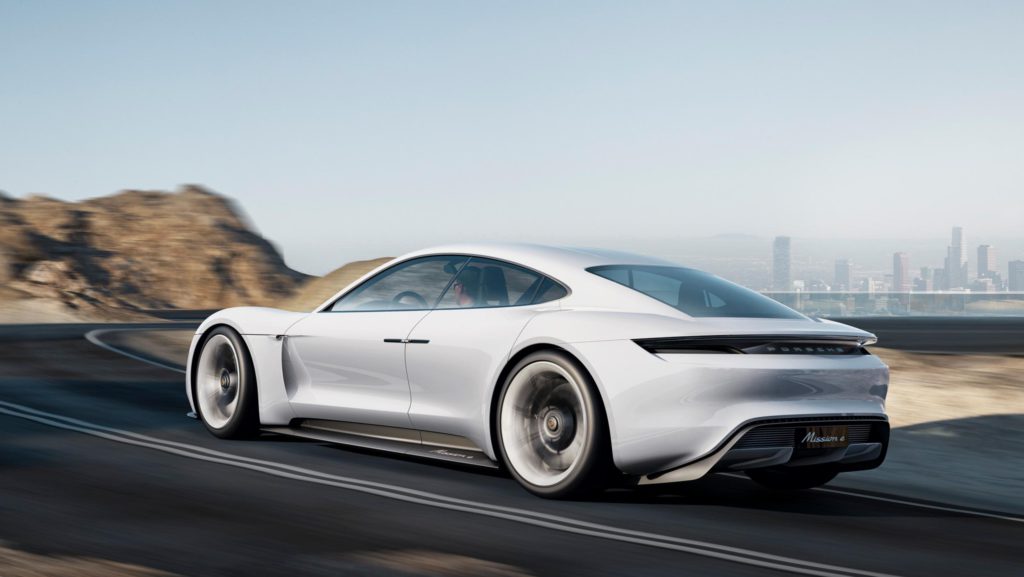Porsche confirms it will end association with diesel technology
24 September 2018

24 September 2018
Porsche has announced that it will be ending its association with the diesel engine, confirming suggestions that it would do so earlier this year.
The company says that by 2022, it will have invested more than €6 billion in e-mobility creating the basis for sustainable growth in the future. It also believes that interest in hybrid models is taking off, with 63% of its Panamera models sold in Europe having a hybrid powertrain.
In July 2017, CEO Oliver Blume suggested that the German sports car and sports utility vehicle manufacturer could take a decision to end diesel production after the next generation of the Cayenne, which launched with a range of diesel engines in September of that year.
In February this year, the company said that it had ended production of all its current diesel vehicles as it looked to develop its drivetrain options. In an official statement, Porsche said that the Macan S Diesel has been ′taken out of the production program’ as buyer demand moves towards petrol and hybrid versions.
The company has now confirmed the move, citing the declining diesel market share. In 2017, the diesel share of worldwide Porsches was 12%. Due to this change in conditions, the company has decided to no longer offer diesel propulsion in the future.
′Porsche is not demonising diesel. It is and will remain, an important propulsion technology. We as a sports car manufacturer, however, for whom diesel has always played a secondary role, have come to the conclusion that we would like our future to be diesel-free. Naturally, we will continue to look after our existing diesel customers with the professionalism they expect,’ says Blume.
The German manufacturer recently announced that its Mission E concept would become the Taycan, the carmaker’s first fully electric vehicle. It plans to start production of the model in 2019.
The car’s manufacturing process is CO2 neutral, and it is supplied with green electricity via an ultra-fast charging infrastructure spread over Europe. By 2025, every second new Porsche vehicle could have an electric drive, either hybrid or purely electric. The sports car manufacturer is also concentrating on optimised internal combustion engines. Purist, emotional and powerful sports cars will thus continue to play an important role in the Porsche product portfolio.
Blume stresses: ′Our aim is to occupy the technological vanguard – we are intensifying our focus on the core of our brand while consistently aligning our company with the mobility of the future.’
German prosecutors started investigating Porsche staff in June 2017, to see whether they were involved in designing illicit engine-control software and regulators are examining whether the Cayenne was fitted with such a device. The company is also under investigation for market manipulation relating to the VW scandal.